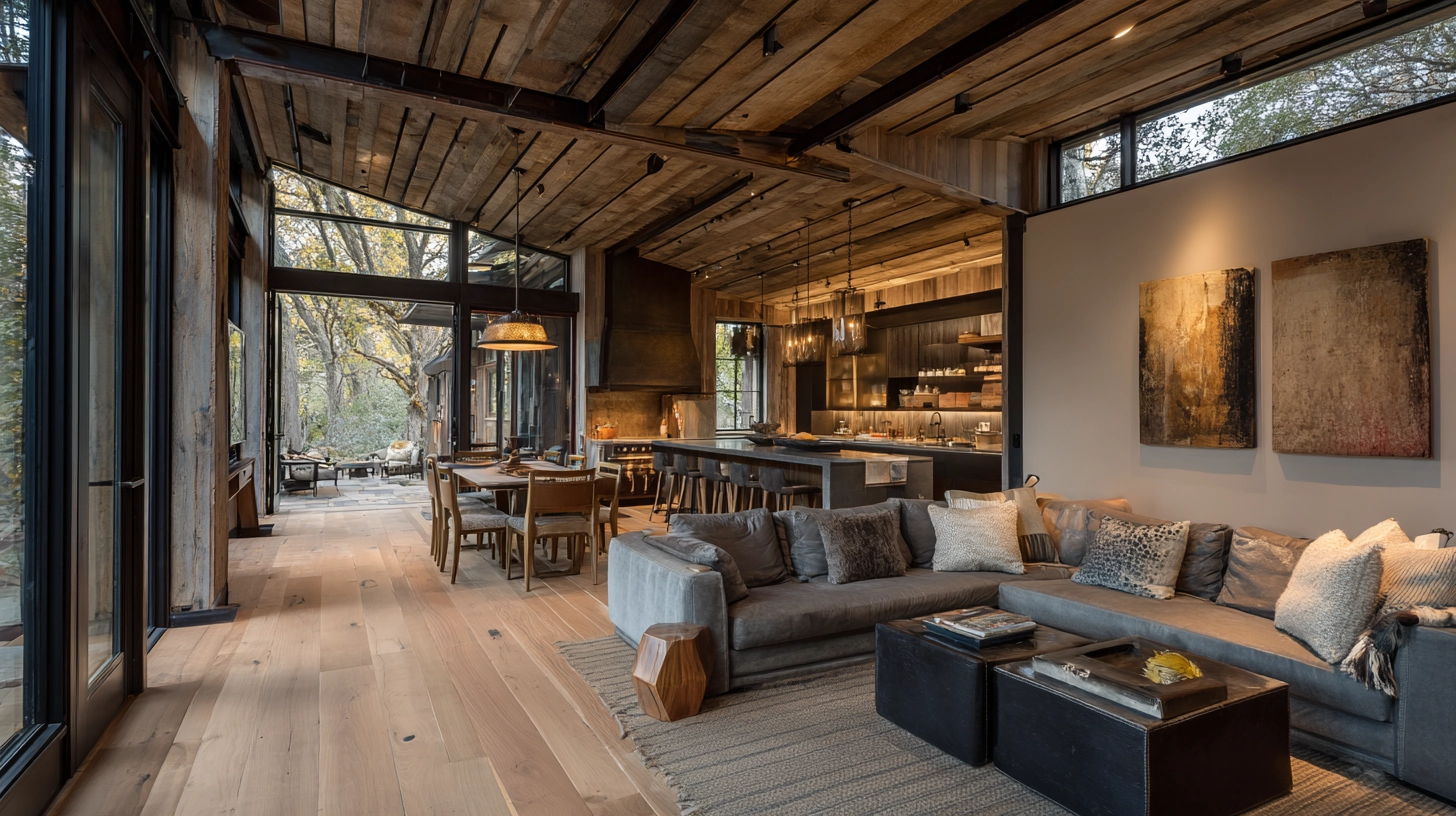
Open Plan, Defined: Why Homes Are Moving Back to Separated Zones

Why Smart Pocket Doors Are Making a Comeback in 2026

Permits are official documents issued by local government agencies that authorize specific building activities. These permits serve a crucial role in ensuring that construction work meets established codes and standards designed to safeguard public health, safety, and general welfare.
Why Permits Are Essential:
Safety Compliance: Permits ensure that structural changes, electrical, and plumbing work adhere to safety regulations, reducing potential hazards in your home.
Legal Requirements: Undertaking significant remodeling without the necessary permits can result in fines, legal complications, and delays in project completion.
Protecting Property Value: Properly permitted work enhances the property's value and can prevent issues during future home sales or refinancing.
Not every remodeling task requires a permit. However, significant changes that affect the structure, electrical, plumbing, or HVAC systems typically do. Generally, projects like adding a room, altering the roofline, or major kitchen and bathroom renovations will necessitate permits.
Determining when you need a permit can be daunting. The requirements can vary significantly based on the jurisdiction, the scope of work, and local building codes.
Common Scenarios Requiring Permits:
Structural Changes: Alterations to load-bearing walls, foundations, or significant floor plan modifications.
Electrical Work: Installing new circuits, rewiring, or upgrading the home's electrical system.
Plumbing Changes: Relocating plumbing fixtures, adding new plumbing lines, or extensive remodels that involve water systems.
HVAC Alterations: Adding new ductwork, replacing HVAC systems, or modifying existing systems.
Additions and Expansions: Building new rooms, adding floors, attached garages, or expanding the existing footprint of your home.
Window and Door Modifications: Changing the size of openings or installing new windows and external doors.
Minor Works That Typically Do Not Require Permits:
Painting and Wallpapering: Cosmetic changes to walls and ceilings.
Flooring: Replacing or installing new flooring such as tile, carpet, or hardwood.
Cabinet Installation: Installing new cabinetry or storage units without modifying structural elements.
Before commencing any project, homeowners should consult local building codes or contact their municipality’s building and planning department to verify if permits are required.
The process of obtaining a permit involves several steps—each with its own set of requirements and considerations.
Steps to Obtain a Permit:
Research and Preparation: Begin by consulting local regulations and understanding the specific requirements for your project. Gather necessary documents such as project plans, sketches, and specifications.
Filing the Application: Submit a complete permit application to the local building department. This typically includes filling out forms and submitting detailed plans of the proposed work.
Plan Review: The building department reviews your application and plans to ensure compliance with local regulations. They may request modifications or additional information.
Permit Issuance: Once the plans are approved, and any fees are paid, the permit is issued. Ensure the permit is displayed at the job site as required.
Inspections: Throughout the construction process, scheduled inspections are necessary to verify that work complies with approved plans and building codes. Inspections may cover foundations, framing, electrical, plumbing, and final completion.
Final Approval: After all construction and inspections are completed, a final inspection is conducted. If the work meets all codes and regulations, a certificate of occupancy or completion is issued, signifying the project's formal approval.
Navigating the permit process can be overwhelming, but these practical tips will help ensure a smoother experience.
Practical Tips for Homeowners:
Plan Thoroughly: Develop a detailed plan for your remodel before beginning the permit process. Clear and comprehensive plans can expedite the review process.
Consult with Professionals: Engaging with architects, designers, or contractors experienced with local permit requirements can be invaluable. Their expertise can help avoid costly mistakes and ensure compliance.
Budget for Permits: Include permit fees in your overall project budget. Fees can vary based on the size and scope of the project.
Start Early: Begin the permit process well in advance of your planned start date. Permit reviews and processing can take time, especially if revisions are required.
Maintain Communication: Stay in regular contact with the building department and inspectors to address any concerns or questions promptly.
Keep Documentation: Retain all records related to permits, inspections, and approvals. These documents may be required for future references, such as home sales or additional renovations.
While it may be tempting to bypass the permit process due to time or cost concerns, doing so can lead to serious repercussions.
Potential Consequences:
Fines and Penalties: If caught without the necessary permits, homeowners can face substantial fines and legal fees.
Work Stoppages: Unpermitted work might be halted, leading to delays and additional costs to rectify the situation.
Insurance Issues: Unpermitted work may not be covered by homeowners' insurance policies, potentially leaving homeowners liable for damages.
Resale Complications: Unapproved modifications can cause significant issues during property sales, affecting marketability and valuations.
In conclusion, while the permit process may seem like a complex and bureaucratic hurdle, it is a vital part of ensuring that your residential remodeling project is safe, legal, and up to code. By understanding when permits are needed, navigating the application process with care, and appreciating the importance of compliance, homeowners can avoid potential pitfalls and ensure a smooth, successful renovation.
Remember, a well-planned and permitted project is not only a reflection of good stewardship of your home but also an investment in its lasting value.
Disclaimer: The content provided in this article is for informational purposes only and is not intended as financial, tax, or investment advice. JL Coates is not a financial advisor, tax consultant, or investment specialist. We recommend consulting with a professional financial advisor, tax specialist, or investment advisor to discuss your specific circumstances before making any financial, tax, or investment decisions based on this information. JL Coates assumes no responsibility for any actions taken based on the information provided in this article.



